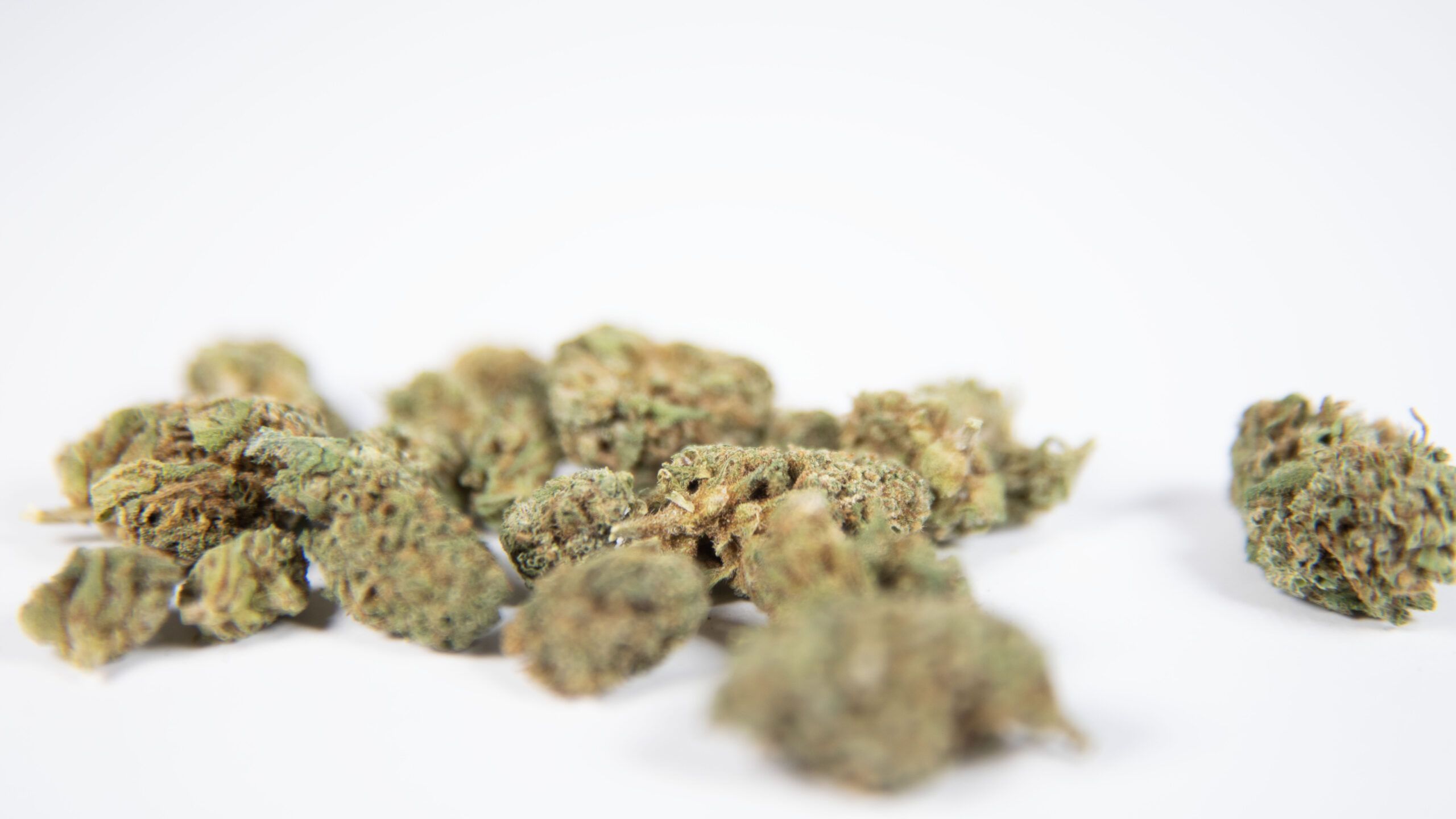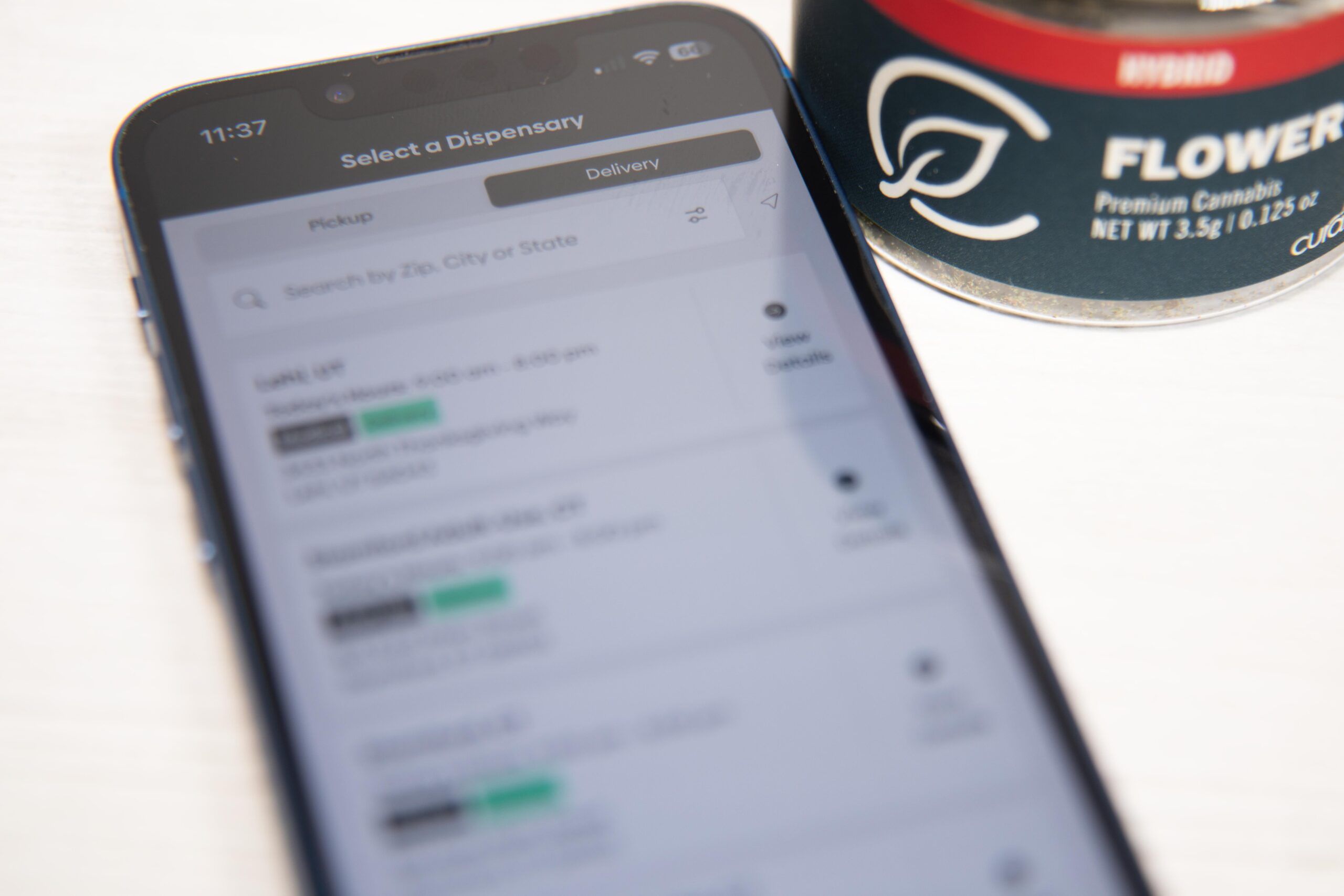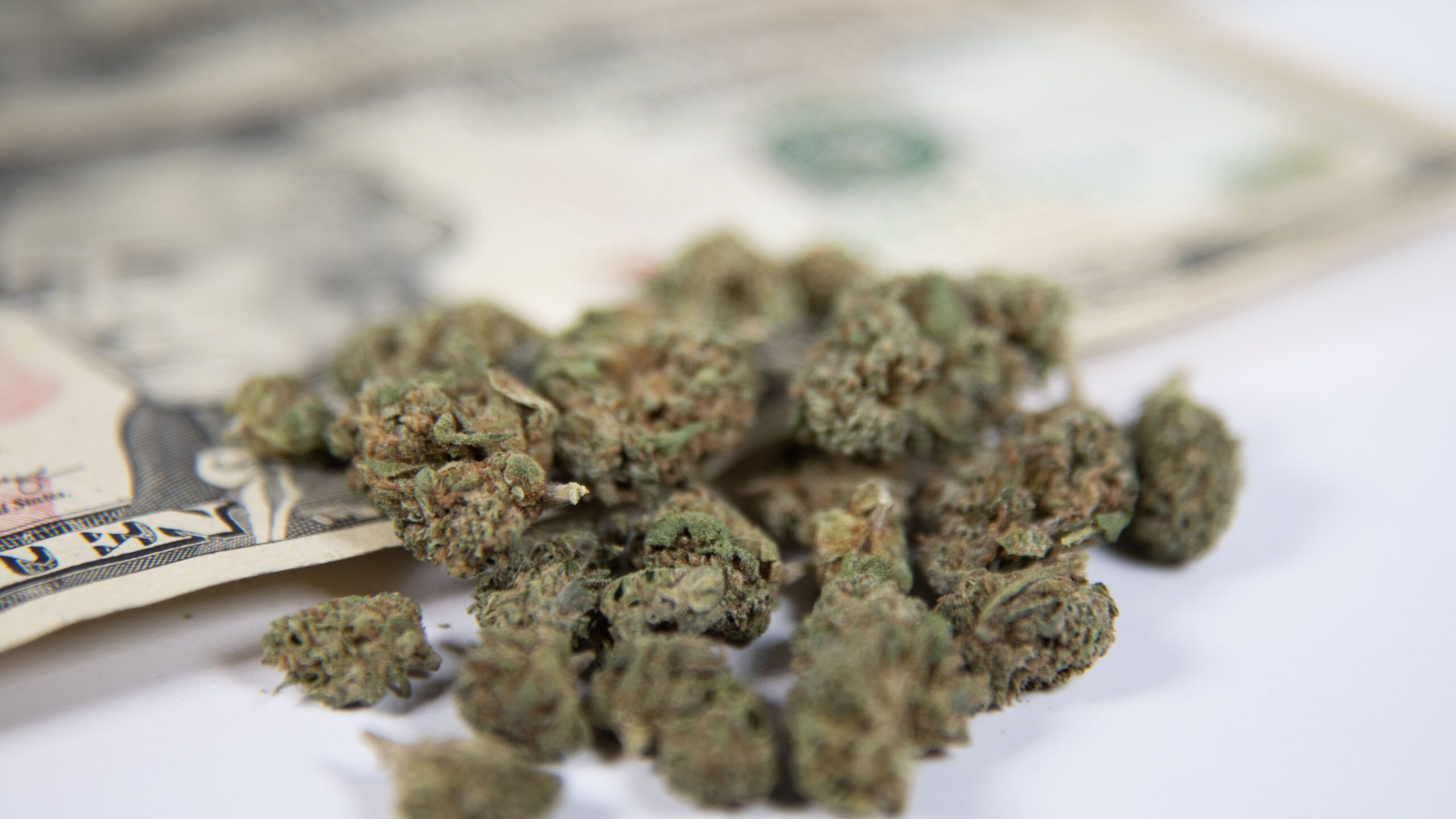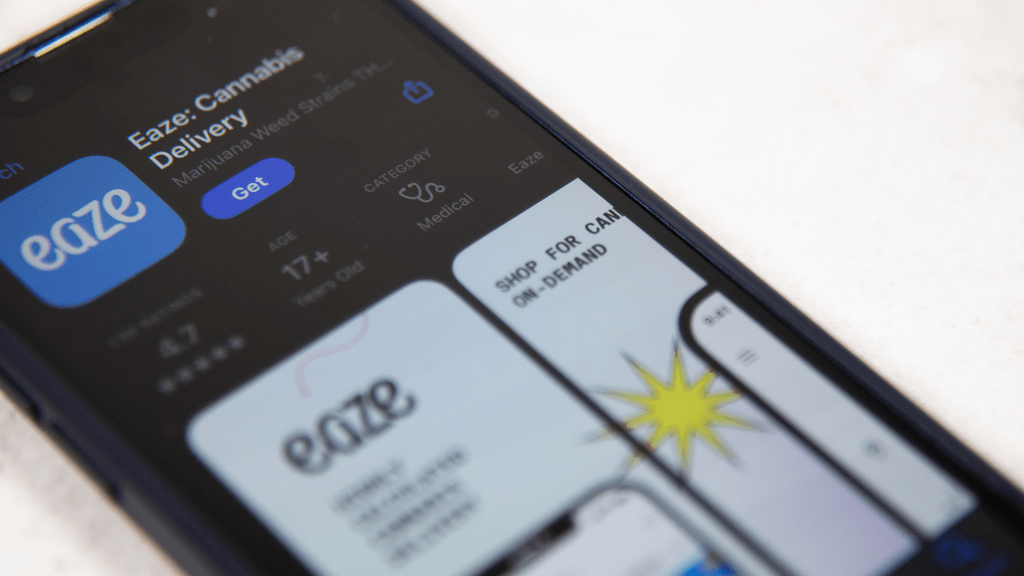

-
Pickup or Delivery? Pros and Cons for the Modern Cannabis Consumer
With the growth of cannabis legalization, consumers are presented with multiple avenues to access their preferred products. Two prominent methods—delivery and in-store pickup—offer distinct experiences,…




